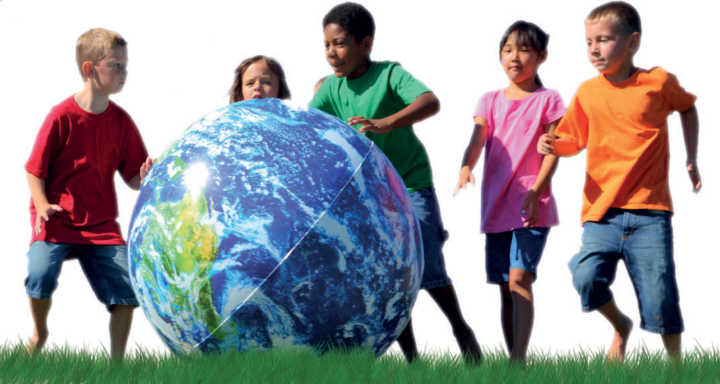Campaigning

Our Climate Change Charter
POWER
To reduce our consumption of power at school and at home by…
- Turning off lights when not needed
- Turning off electrical items (e.g. Whiteboards, computers, monitors, phone chargers) when not needed
- Using renewable sources of energy wherever possible e.g. air source/ground source heat pumps, solar panels, wind-generation
- Using energy efficient appliances
This will reduce carbon dioxide emissions
TRANSPORT
To reduce pollution and our use of fuels which contribute to global warming at school and at home by …
- Walking
- Cycling
- Scootering
- Parking and walking
- Car-sharing
- Train/bus/tram instead of using a car
This will reduce carbon dioxide emissions
PROTECTION OF HABITATS AND ENVIRONMENT
To maintain or enhance the removal of carbon dioxide from the environment at school and at home by…
- Planting new plants pro-actively, or protecting existing plants, that provide food and shelter for other creatures
- Turn off taps when water is not being used
- Placing litter in bins or pockets (if none available)
- Reduce, reuse, repurpose or recycle
- Creating spaces in our school outdoor environment that protect our animals natural habitat
- Ensuring that if plants die or need to be removed from their current location, they are replaced by a similar or increased number of other plants
This will increase carbon dioxide absorption and produce more oxygen, reducing climate change.
CAMPAIGNING FOR CHANGE
To ensure that action is taken to reduce the impact of climate change on the world climate and our environment by…
- Speaking out whenever possible at school, at home and in the local community
- Taking action against climate change
- Writing to local politicians or national politicians to let them know our views
- Talking to members of the Rights Respecting Steering Group to let them know our thoughts and feelings about climate change and its impact on us
This will encourage adults to take action against climate change and protect the world for future generations
